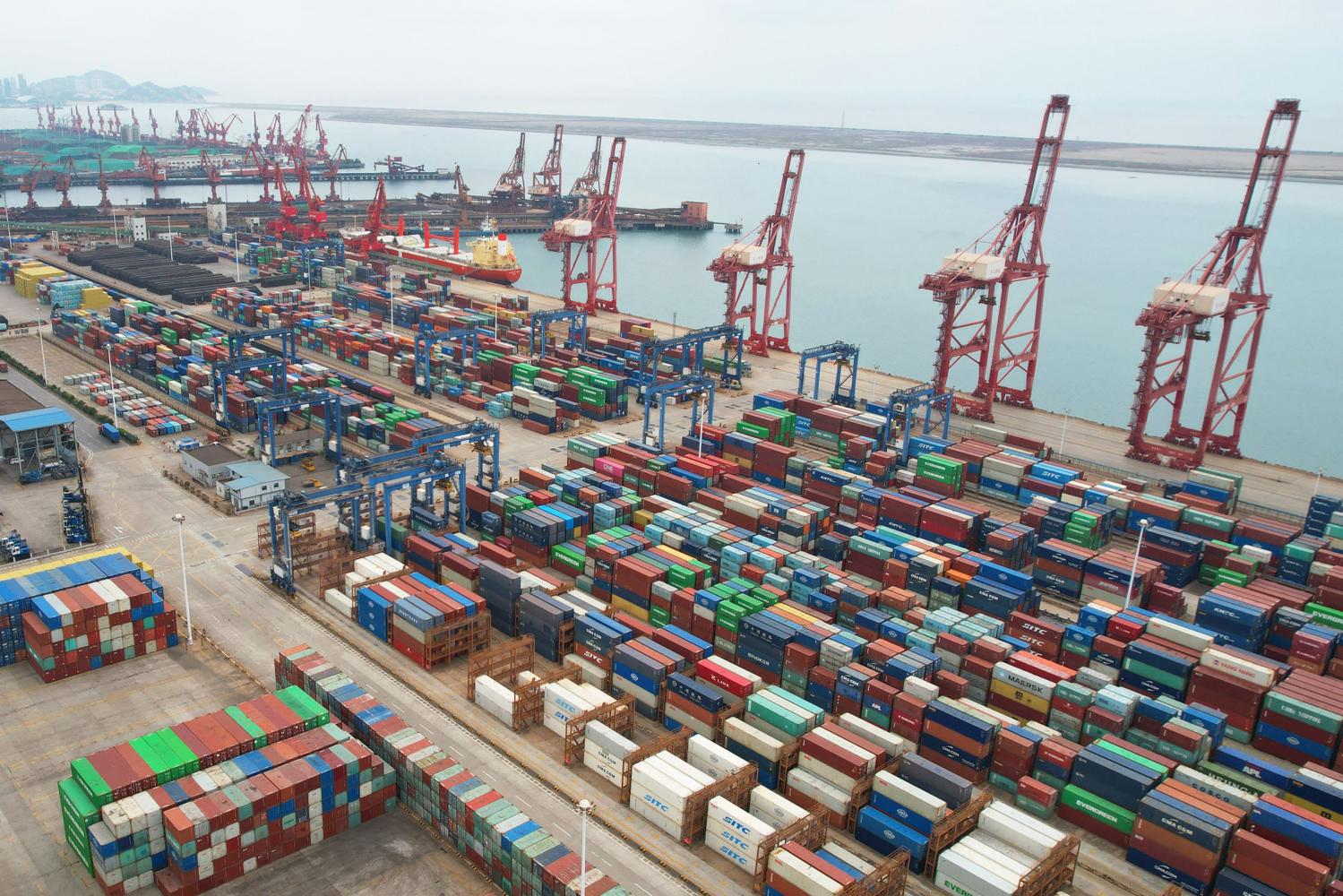
China's lockdowns in big cities are having an adverse effect on the Thai manufacturing sector and its supply chains, with the problems likely to continue, warns the National Economic and Social Development Council (NESDC).
The spread of the Covid-19 Omicron variant has led to the closure of Chinese deep-sea ports, paralysed major industrial hubs, and disrupted the mainland's supply chains.
According to an NESDC study on the lockdowns of big cities such as Shanghai and Shenzhen, and significant ports such as Qingdao and Xiamen, goods and raw materials cannot be exported, which is hindering production and supply chains in both China and Thailand.
Danucha Pichayanan, the NESDC's secretary-general, said the study showed a decline in China's exports to Thailand, especially from six cities with high infection rates -- Shanghai, Guangdong, Fujian, Shandong, Zhejiang and Jiangsu -- which account for 72.6% of all the country's exports to Thailand.
A sharp slowdown has occurred for exports of various chemical products, components of electrical appliances, rubber and rubber products, paper, fertiliser, and wood.
In January, February and March this year, China's fertiliser exports to Thailand respectively contracted by 34.9%, 1,275% and 68.4% compared with the same periods of 2021. Organic chemical shipments saw year-on-year declines of 44.9%, 31.5% and 43.5% for the same three months.
According to Mr Danucha, those raw materials are key to Thai manufacturing supply chains, especially electrical appliances and components, computers and components, electrical machinery, plastic and chemicals.
"Thai manufacturers in those categories may have to speed up sourcing raw materials from other countries," he said.
Mr Danucha said the Thai manufacturing sector also faces risk factors from soaring energy prices and the baht depreciation, brought about primarily by the war in Ukraine. Trade and economic sanctions against Russia may result in changes to the global trade structure and the relocation of production bases, he said.
Mr Danucha said fertiliser businesses may have to bear the brunt of a sharp rise in production costs. In the first quarter this year, the global price of finished nitrogen averaged US$833 per tonne, up 162% year-on-year, which caused the wholesale price of fertiliser in Bangkok to increase to 20,185 baht per tonne, a year-on-year rise of 149%.
The increase in raw material prices has also hit the Thai farm sector.







